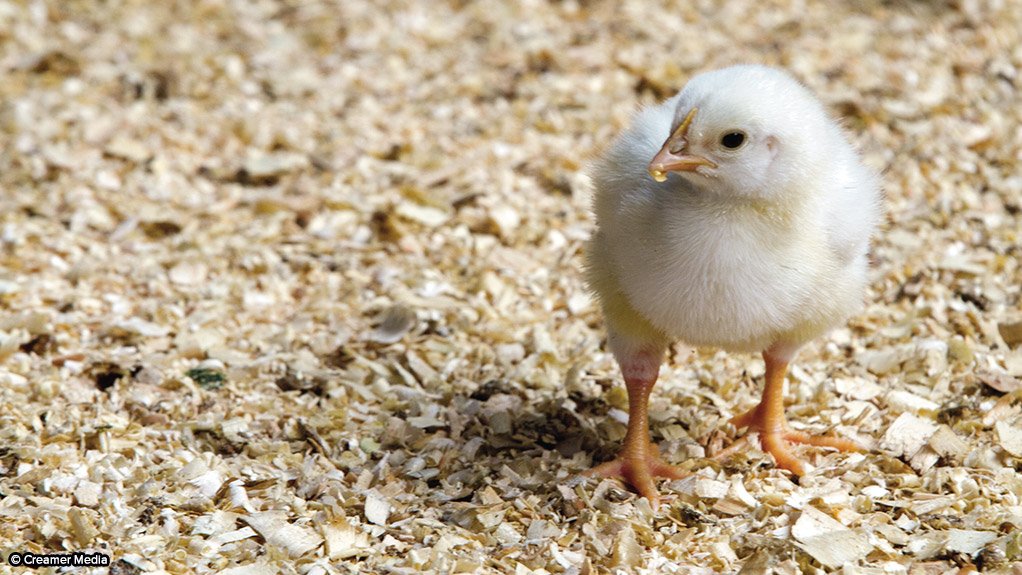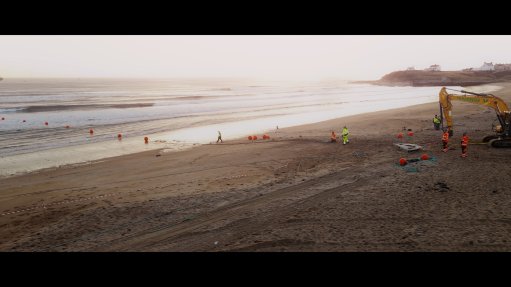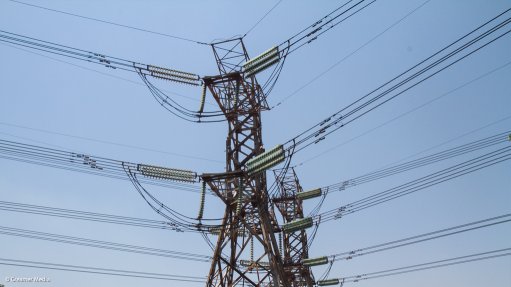SAPA unpacks green shoots, worrying factors in state of the poultry industry address
The South African Poultry Association (SAPA) is preparing an application for export accreditation in the European Union (EU) and Saudi Arabian markets, which GM Izaak Breitenbach says could have a material impact on the industry’s competitiveness in future.
The Saudi Arabian authorities are due to inspect local production facilities soon, which form part of what is rigorous testing to comply with import requirements.
Breitenbach explains that Saudi Arabia is seeking to diversify its supply base of chicken, as it is a net importer of chicken, mostly from Thailand. The country’s chicken demand is growing owing to a big population; however, Breitenbach says it will take time to solidify the relationship with the right customers within the country.
SAPA aims to have producers supply boneless portions to Saudi Arabia, and cooked chicken breast meat to the EU, as this region is a net importer of this product.
Equally, Breitenbach expects that export volumes to the EU will build up over time.
He assured attendees of a media briefing on the State of the Poultry Industry, on March 1, that South Africa does not need to increase chicken production for these markets, and has sufficient capacity to supply as it stands.
Besides, it will take at least another 24 months before the industry can start exporting product to Saudi Arabia and the EU.
VACCINATION POLICY
Meanwhile, Breitenbach says what helps South Africa to enter into new markets for chicken exports is the fact that the country is moving towards a vaccination policy, instead of a culling policy, in instances of avian influenza outbreaks.
He explains that massive outbreaks of avian influenza globally in recent years have prompted a change in policy.
At the World Poultry Congress held in Paris, France, last year, stakeholders decided to look into the prerequisites that can be agreed to in international trade, with producing countries to vaccinate chickens for highly pathogenic avian influenza.
The conference reached consensus that a global vaccination approach is to be followed, which the EU and US will start expecting from its suppliers soon.
Breitenbach says that, while the industry has the support of producers, foodstuff manufacturers and the South African Veterinary Association for a vaccination policy to replace a culling policy as a measure to curb avian influenza, it still needs to finalise a few steps with the Department of Agriculture, Land Reform and Rural Development.
Poultry losses owing to avian influenza were 70% higher in 2022 than in 2021. The World Organisation for Animal Health reports that more than 128-million birds were lost in the 12 months to September 2022, which is more than the previous five years combined.
Breitenbach says 58-million chickens have been culled in the US recently, while 50-million birds have been culled in the EU, owing to highly pathogenic avian influenza.
The world’s biggest producer of chicken – Brazil – has remained unaffected by avian influenza.
Responding to what impact it could have on the Brazilian market should it be affected by avian influenza, Breitenbach says it would impact on global supply of chicken, since many countries would halt imports from Brazil, including South Africa.
In response to whether this would hold export opportunities for South Africa, to replace Brazilian exports, Bureau for Food and Agricultural Policy executive director Dr Tracy Davids says, although it would be promising to capture these markets, South Africa would need to have the necessary sanitary and phytosanitary measures in place, as specified by these markets, which may not be fully in place just yet.
CHICKEN-SHEDDING
South Africa currently produces about 22.5-million chickens a week; however, this figure may decline considering the severe impact of loadshedding on the industry since late last year.
Breitenbach explains that high stages of loadshedding significantly hamper slaughter programmes, which need to run for 24 hours a day.
He estimates that loadshedding costs the poultry industry 75c/kg of chicken produced, owing to higher feed input costs as chickens eat for longer periods than planned while they are not slaughtered, as well as the chickens growing bigger in the meantime and impacting on slaughter weight specifications for suppliers.
Breitenbach states that the poultry industry had to reduce production by 13-million chickens in December and January, by not letting eggs hatch. These production losses are over and above the 75c/kg of chicken loss.
Additionally, owing to high feed costs and dampened consumer demand as prices soar, chicken producers are selling chicken at an average loss of R2/kg at the moment, states Breitenbach.
Breitenbach and Davids conclude that loadshedding will continue to put pressure on chicken prices, especially since its impact escalates at every level of the value chain towards the end product.
Similar to what happened during Covid-19, the industry has reduced capacity to process and, therefore, a surplus of animals at farm level, coupled with a lack of capacity at processing level, can also impact on prices in a different way.
It remains to be seen what the ultimate price movement of poultry products will be in 2023.
Article Enquiry
Email Article
Save Article
Feedback
To advertise email advertising@creamermedia.co.za or click here
Comments
Announcements
What's On
Subscribe to improve your user experience...
Option 1 (equivalent of R125 a month):
Receive a weekly copy of Creamer Media's Engineering News & Mining Weekly magazine
(print copy for those in South Africa and e-magazine for those outside of South Africa)
Receive daily email newsletters
Access to full search results
Access archive of magazine back copies
Access to Projects in Progress
Access to ONE Research Report of your choice in PDF format
Option 2 (equivalent of R375 a month):
All benefits from Option 1
PLUS
Access to Creamer Media's Research Channel Africa for ALL Research Reports, in PDF format, on various industrial and mining sectors
including Electricity; Water; Energy Transition; Hydrogen; Roads, Rail and Ports; Coal; Gold; Platinum; Battery Metals; etc.
Already a subscriber?
Forgotten your password?
Receive weekly copy of Creamer Media's Engineering News & Mining Weekly magazine (print copy for those in South Africa and e-magazine for those outside of South Africa)
➕
Recieve daily email newsletters
➕
Access to full search results
➕
Access archive of magazine back copies
➕
Access to Projects in Progress
➕
Access to ONE Research Report of your choice in PDF format
RESEARCH CHANNEL AFRICA
R4500 (equivalent of R375 a month)
SUBSCRIBEAll benefits from Option 1
➕
Access to Creamer Media's Research Channel Africa for ALL Research Reports on various industrial and mining sectors, in PDF format, including on:
Electricity
➕
Water
➕
Energy Transition
➕
Hydrogen
➕
Roads, Rail and Ports
➕
Coal
➕
Gold
➕
Platinum
➕
Battery Metals
➕
etc.
Receive all benefits from Option 1 or Option 2 delivered to numerous people at your company
➕
Multiple User names and Passwords for simultaneous log-ins
➕
Intranet integration access to all in your organisation




















